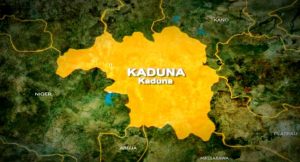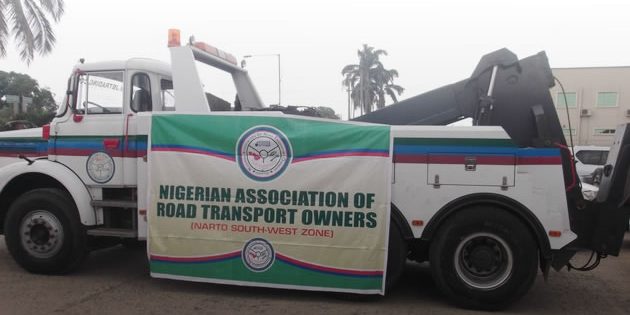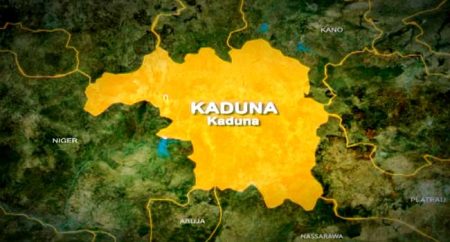The Nigerian government’s impending ban on large tankers carrying over 60,000 liters of petroleum products, slated to commence on March 1, 2025, has sparked significant concerns within the transportation and petroleum sectors. Driven by the alarming number of accidents and explosions attributed to overloaded trucks, which resulted in 493 fatalities over a three-year period, the government aims to enhance road safety through this measure. However, industry stakeholders like the Nigerian Association of Road Transport Owners (NARTO) and the Petroleum Products Retail Outlets Owners Association of Nigeria (PETROAN) have expressed apprehension about the ban’s potential economic and logistical ramifications.
NARTO has voiced worries regarding the potential disruption to fuel supply, particularly in Northern Nigeria, a region heavily reliant on petroleum products transported from southern depots. With the impending restrictions limiting truck capacity to 60,000 liters initially and further reducing it to 45,000 liters by October 1, 2025, NARTO anticipates a decrease in the volume of fuel reaching these areas. This reduction could trigger price fluctuations due to the fundamental principles of supply and demand, exacerbating the already volatile market dynamics created by deregulation. The association estimates potential financial losses exceeding N300 billion in investments and foresees significant job losses affecting drivers, motor-boys, and their families.
Recognizing the necessity to adapt to the new regulations, NARTO is exploring various options, including fabricating smaller tankers and exploring opportunities within the government’s Compressed Natural Gas (CNG) infrastructure development policy. While acknowledging the government’s intentions, NARTO emphasizes the critical role of road conditions in tanker accidents and urges the government to address this contributing factor. The association believes that improvements to road infrastructure are crucial for mitigating accidents, irrespective of tanker size.
Independent industry experts echo NARTO’s concerns, describing the ban as a misplaced priority. They argue that the restriction will disproportionately impact Northern Nigeria, where a significant portion of petroleum products are transported from Lagos via large tankers. This disruption in supply is predicted to lead to a surge in petrol prices in the region, further burdening consumers. The reliance on large tankers for efficient and cost-effective transportation is underscored, highlighting the potential for increased transportation costs if smaller tankers are required to carry the same volume.
PETROAN, representing petroleum retail outlet owners, has called on President Bola Tinubu to intervene and mitigate the ban’s impact on stakeholders. While commending the government’s focus on public safety, PETROAN emphasizes the potential for substantial job losses and financial hardship for truck owners and their employees. The association estimates that over 100,000 individuals in the petroleum sector could be affected, impacting drivers, conductors, mechanics, and other support staff. PETROAN’s appeal to the President underscores the need for a balanced approach that prioritizes safety without crippling the livelihoods of those dependent on the transportation of petroleum products.
The potential economic consequences of the ban extend beyond job losses, affecting investments in existing tanker fleets and potentially requiring significant capital expenditures to acquire smaller tankers. The feasibility and cost-effectiveness of transitioning to a larger fleet of smaller tankers remain key concerns for both NARTO and PETROAN. Furthermore, the increased number of trips required to transport the same volume of fuel using smaller tankers raises logistical challenges and could lead to greater traffic congestion, further impacting transportation efficiency.
The government’s decision to implement the ban highlights the complex interplay between safety regulations and economic realities within the Nigerian petroleum sector. While acknowledging the imperative to reduce accidents and protect lives, stakeholders emphasize the need for comprehensive solutions that address underlying issues such as road infrastructure and provide support for those affected by the new regulations. The call for presidential intervention reflects the urgency of the situation and the necessity of finding a balanced approach that ensures both public safety and economic stability. A collaborative effort involving the government, industry stakeholders, and experts is crucial to navigate this transition effectively and minimize the potential negative impacts on the petroleum sector and the Nigerian economy.












